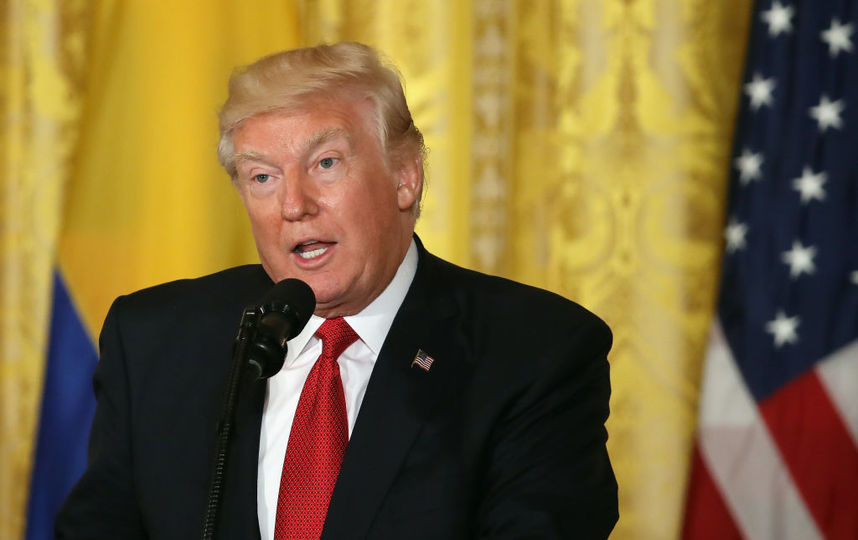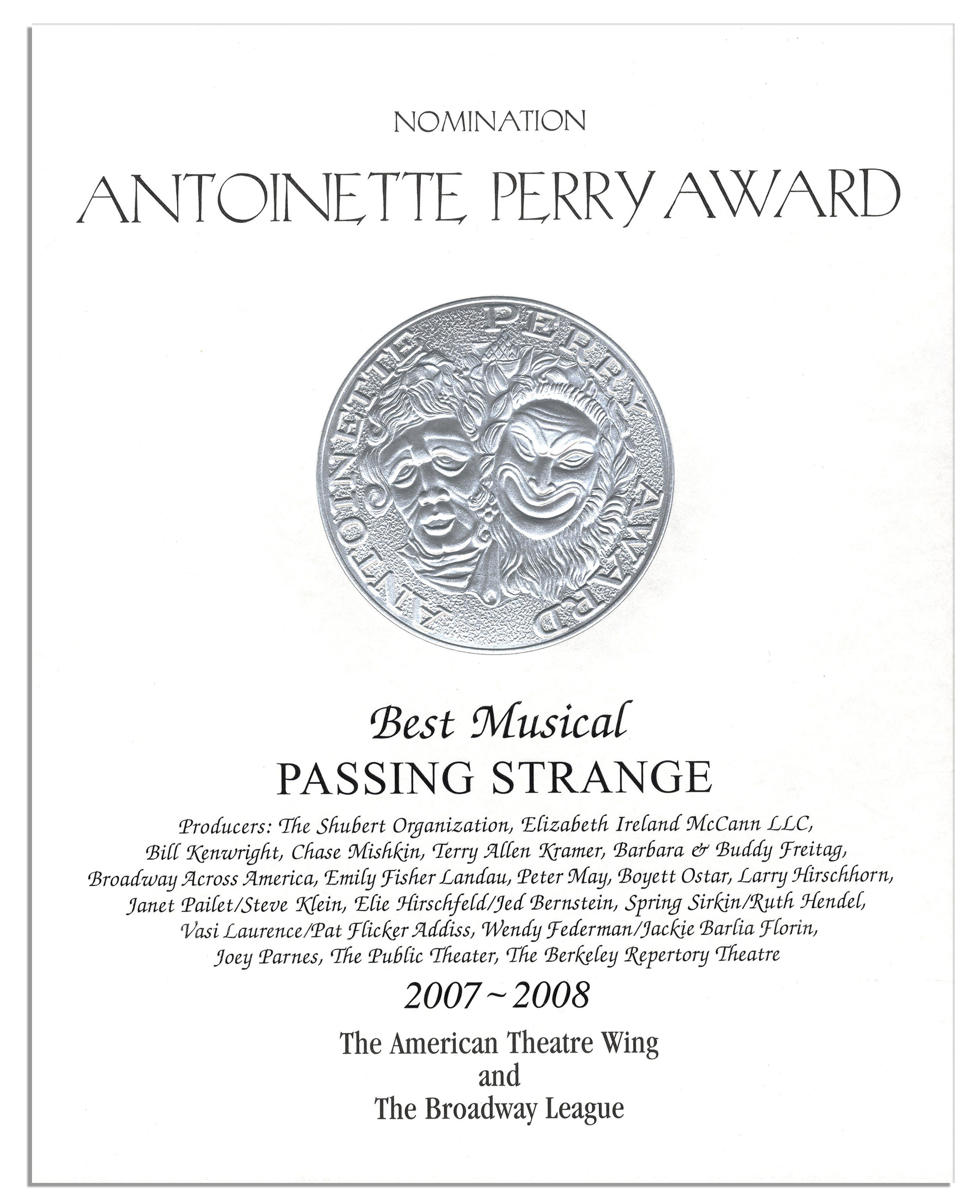Far-Right Candidate Heads To Runoff In Romania's Presidential Election

Table of Contents
Romania's presidential election has taken a dramatic and unexpected turn. A far-right candidate has secured a place in the runoff, a shocking development that has sent ripples throughout the country and beyond. This unforeseen outcome raises significant questions about Romania's political trajectory, its future relationship with the European Union and NATO, and the potential impact on both domestic and international affairs. The implications of this far-right surge are profound and require careful consideration.
The Unexpected Rise of the Far-Right Candidate
The unexpected success of the far-right candidate in reaching the presidential runoff is a significant event in Romanian politics. Their platform, characterized by nationalist rhetoric and populist appeals, has resonated surprisingly well with a segment of the electorate. Key policies include promises of stricter immigration controls, a rejection of further EU integration, and a focus on national economic self-sufficiency, often presented as a rejection of perceived “globalist” agendas.
This surprising voter support stems from a confluence of factors affecting various demographics across different regions of Romania. Key reasons for this surge include:
- Economic anxieties: Many Romanians feel the pinch of economic hardship and inequality, leading to a search for alternative solutions outside the mainstream political establishment.
- Anti-establishment sentiment: Deep disillusionment with traditional political parties and their perceived failures has fueled support for outsider candidates promising radical change.
- Concerns about immigration: While immigration to Romania is relatively low compared to other EU nations, anxieties about immigration have been skillfully exploited by the far-right candidate's campaign.
- Rural-urban divide: Support for the candidate is disproportionately high in rural areas, reflecting a perceived disconnect between the concerns of rural communities and the priorities of urban centers.
The candidate's campaign strategy has proven remarkably effective. This can be attributed to:
- Masterful use of social media: Targeted online campaigns have effectively bypassed traditional media outlets and directly reached potential voters.
- Populist rhetoric: Simple, emotionally charged messages have resonated with voters feeling left behind by the mainstream political discourse.
- Targeted demographic appeal: The campaign focused intently on specific demographics, tailoring messages to address their unique concerns and anxieties.
Reactions and Concerns from Domestic and International Actors
The far-right candidate's success has triggered strong reactions from both domestic and international actors.
Major political parties have expressed deep concern and outlined strategies to counter the far-right surge in the runoff election. Reactions include:
- Statements condemning extremist views: Mainstream parties have issued strong statements denouncing the far-right candidate's rhetoric and policies.
- Calls for unity against extremism: Efforts are underway to build a broad coalition to prevent a far-right victory.
- Focus on contrasting platforms: The opposition is highlighting the stark differences between their policies and those of the far-right candidate.
Internationally, the development has raised significant concerns. The EU and NATO are closely monitoring the situation. Reactions include:
- EU concerns about democratic backsliding: The European Union has expressed concern about the potential impact on democratic institutions and the rule of law.
- NATO's watchful stance: NATO is observing the situation for its potential implications on regional security and alliance cohesion.
- Statements from other world leaders: Several world leaders have voiced concerns about the rise of far-right populism in Romania.
A far-right presidency in Romania could significantly impact its relationship with both the EU and NATO. Potential consequences include:
- Strained relations with the EU: Potential challenges to EU membership, increased tensions over rule of law issues, and difficulties in collaborating on key policy initiatives.
- Questions about NATO commitment: Uncertainty about Romania's unwavering support for NATO objectives and its role within the alliance.
Analysis of the Runoff Election and Potential Outcomes
The runoff election presents several scenarios. The outcome depends heavily on:
- Potential alliances: The possibility of strategic alliances between smaller parties to counter the far-right candidate.
- Shifting voter support: Whether voters who supported other candidates in the first round will consolidate behind a single opposition candidate.
A far-right presidency could have profound implications for Romania:
- Impact on EU membership: Potential challenges to Romania's continued membership in the European Union.
- Human rights concerns: Worry about potential erosion of human rights and minority protections.
- Economic policy changes: Uncertainty about the impact on economic stability and international investment.
- Foreign policy shifts: Potential realignment of Romania's foreign policy priorities, potentially affecting relations with key allies.
The long-term implications for Romanian politics and society are considerable, impacting everything from its international standing to the day-to-day lives of its citizens. The runoff election will be a defining moment, shaping the country's trajectory for years to come.
Conclusion
The unexpected emergence of a far-right candidate in the Romanian presidential runoff is a landmark event with significant domestic and international implications. The concerns raised by this development, both within Romania and among international partners, highlight the uncertainty surrounding the future political direction of the country. The outcome of the runoff election will have far-reaching consequences for Romania's relationship with the EU and NATO, its economic stability, and its social fabric.
Stay informed about the upcoming Romanian presidential runoff election. Follow the news closely to understand the implications of this critical moment in Romanian politics and the potential consequences for the country's future. Continue to research the candidates and their platforms to make informed decisions and participate in the democratic process. Further analysis of the far-right candidate and their influence is crucial in understanding the evolving political landscape of Romania.

Featured Posts
-
 Razgromnaya Kritika Ot Stivena Kinga Tramp I Mask V Tsentre Vnimaniya
May 06, 2025
Razgromnaya Kritika Ot Stivena Kinga Tramp I Mask V Tsentre Vnimaniya
May 06, 2025 -
 Retour De Popovich Aux Spurs Incertain Pour La Saison Prochaine
May 06, 2025
Retour De Popovich Aux Spurs Incertain Pour La Saison Prochaine
May 06, 2025 -
 Tony Award Nomination For Clatskanie Native
May 06, 2025
Tony Award Nomination For Clatskanie Native
May 06, 2025 -
 Razoblachenie Patrik Shvartsenegger I Ebbi Chempion Poziruyut Dlya Kim Kardashyan
May 06, 2025
Razoblachenie Patrik Shvartsenegger I Ebbi Chempion Poziruyut Dlya Kim Kardashyan
May 06, 2025 -
 La Style Patrick Schwarzenegger And His Retro Bronco
May 06, 2025
La Style Patrick Schwarzenegger And His Retro Bronco
May 06, 2025
